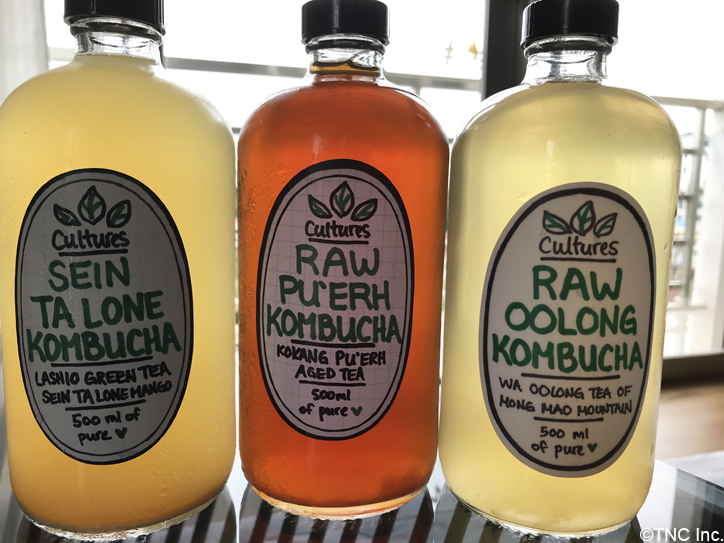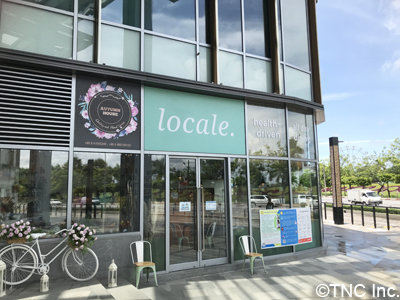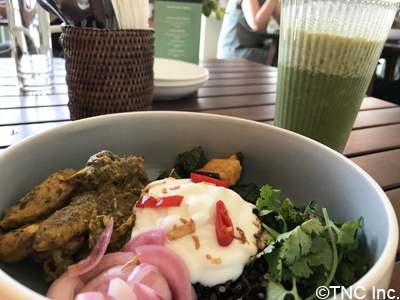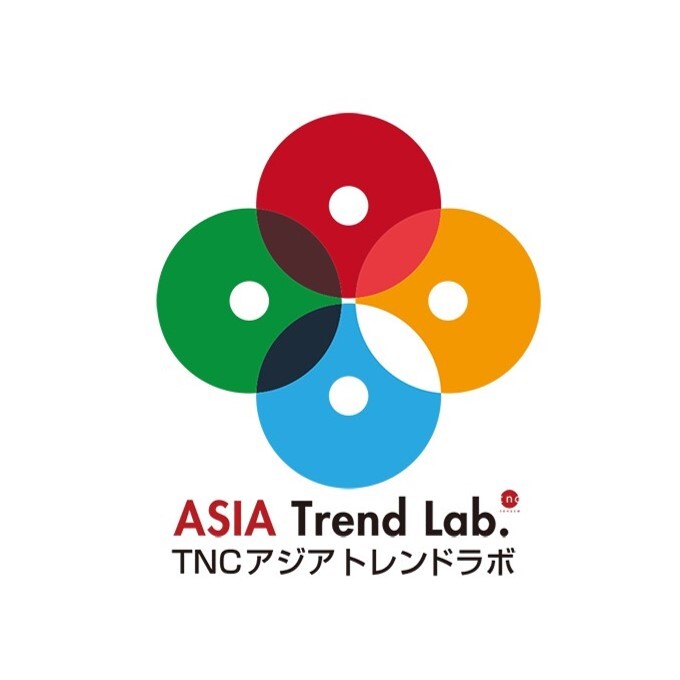[Myanmar] Health Awareness Shifting Among Yangon's Affluent / Organic Foods in the Spotlight
- Release date: Aug 07, 2020
- 4109 Views

Organic store targeting foreigners attracts local attention
Organic food stores and restaurants, which used to target expatriates and their families, are beginning to attract the attention of Myanmar's local wealthy and upper middle class women.According to a survey by Euromonitor, the percentage of the middle class (household income of US$5,000-34,999) in Myanmar increased by about 20 times in 2018 compared to 2000 (from 1.2% to 20.6%). As people have more money to spare, their awareness of health and beauty has also changed. And due in part to the influence of Korean dramas and K-pop, more and more people are yearning for a slimmer figure, creating a preference for organic foods. "Localecafe", an organic restaurant in the center of Yangon City, offers salad wraps (8,000ks-12,000ks/about 620 yen-930 yen) and smoothies (4,500ks-7,500ks/about 350 yen-580 yen) as its signature dishes. Cultures Kombucha, which sells kombucha, which is known for its health benefits, was opened by a Canadian living in Myanmar. The kombucha is made with local ingredients such as Myanmar-grown Ceytalon mango, and costs 7,500ks (about 580 yen) per bottle.

Organic demand is expected to continue to grow as income levels rise.
Since democratization, Myanmar has been deregulating investment and foreign companies, and the number of foreign companies has increased from about 1,300 in 2012 to 6,278 in 2017. As a result, organic restaurants and grocery stores catering to foreign expatriates and their families began to emerge around 2014. At that time, there were only about two organic food stores, but as of 2020, there are ten organic food stores in Yangon. The number of privately owned organic food stores and restaurants is also increasing.In Myanmar, there are many fatty foods and sweet snacks, but the wealthy local people, who are becoming more health conscious, are beginning to avoid fatty foods and adopt organic food for their diets.
However, only a few wealthy and upper middle class people buy organic food or go to restaurants on a daily basis, and it has not yet reached the level of general acceptance. As the income level rises further, the demand for organic food and restaurants is expected to increase.

-

Author profile
TNC ASIA Trend Lab
TNC ASIA Trend Lab is an information organization run by TNC Inc. that researches and shares trends in Asia. It supports corporate marketing activities by finding insights from trends rooted in the lifestyles and habits of local consumers.
http://tnc-trend.jp/ -

Editor profile
Intage Inc.
***
 Global Market Surfer
Global Market Surfer CLP
CLP